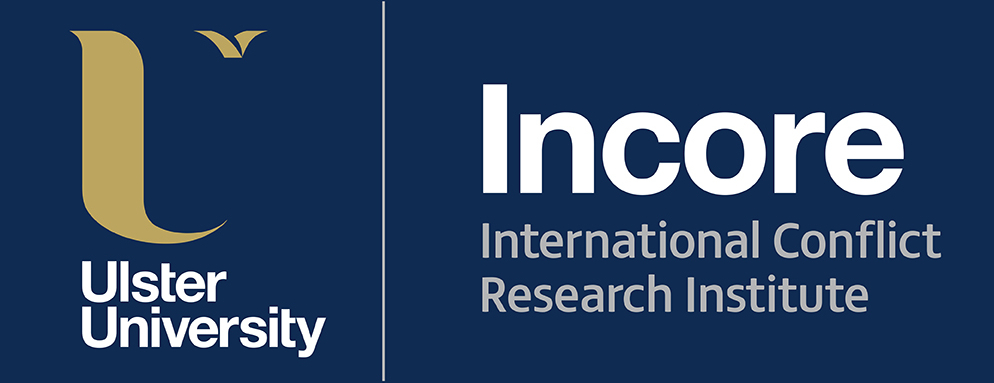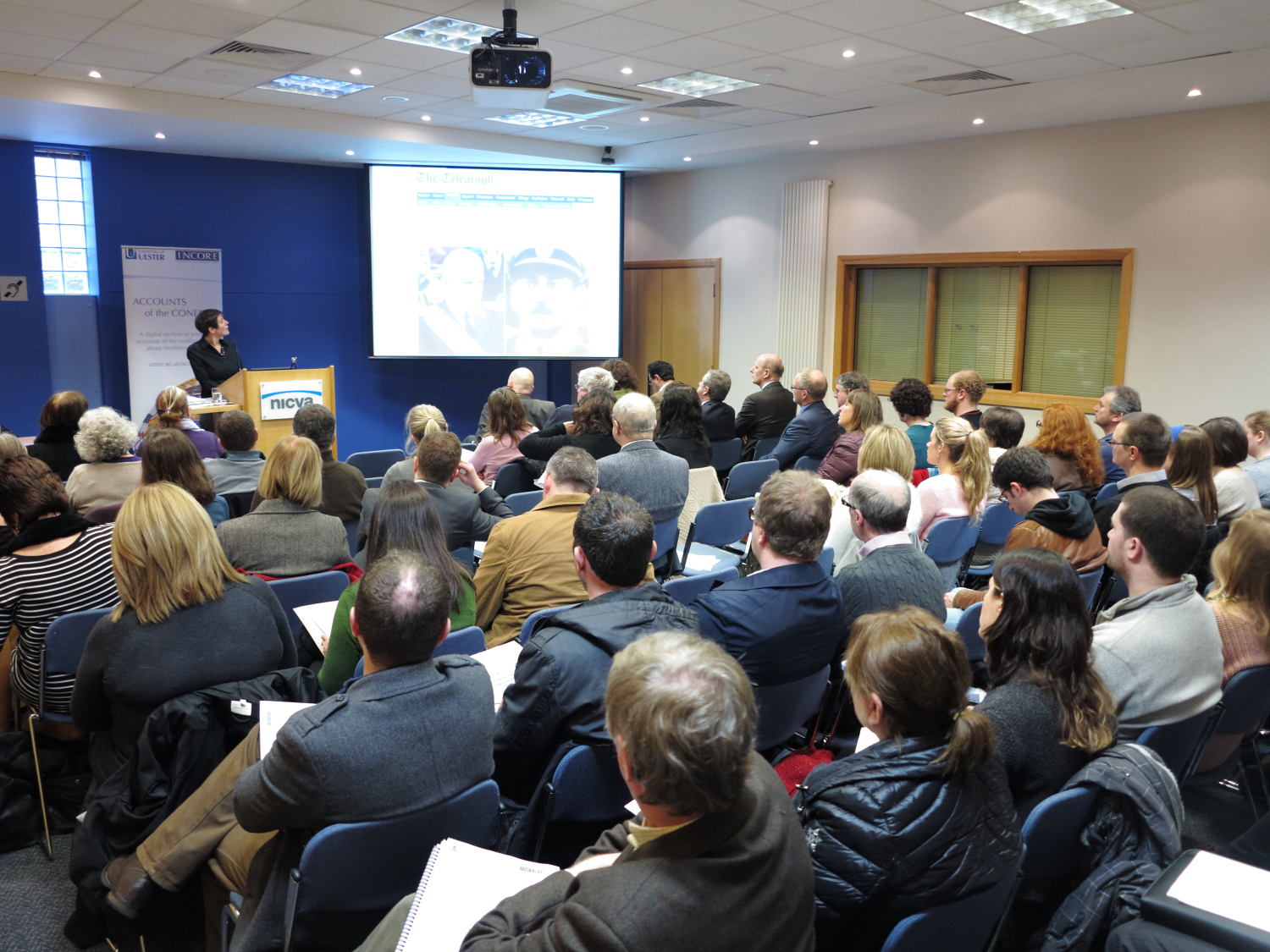Debate over how to address the legacy of the conflict in Northern Ireland is engaging academics, politicians, journalists, community workers and various others at present. ‘Dealing with the past’ is an issue that has been taken up by a group of prominent historians, most of whom are based in the University of Ulster. Their group, Arkiv, was formed in 2013, driven by ‘a shared unhappiness about the way in which the Northern Ireland Troubles were being revised’. Arkiv has been principally concerned with commentary on the Haass proposals of late, which is understandable given that twenty of the Haass document’s thirty-nine pages fall under the ‘contending with the past’ heading. At the end of February, the Commission for Victims and Survivors held a conference with the theme ‘Dealing with the Past’. News stories bearing any relation to past events invariably lead commentators to lament the absence of a mechanism to address the legacy of Northern Ireland’s violent past.
If one thing is certain about the process of dealing with the past in Northern Ireland, it is that agreement on how to proceed is not forthcoming. Whether or not the Haass proposals will provide the basis for forward movement remains to be seen. However, there is a general acceptance that the past must be dealt with. Whether or not Arkiv’s confidence in the objectivity of professional historians forms an astute basis on which to move forward, or whether a formal truth commission would address the issues in a satisfactory manner is open to debate.
Storytelling is one process that has been ongoing for quite some time on both sides of the border. Community groups and numerous interested individuals, some with funding, others without, have been collecting personal stories of the conflict since the 1990s. The number of stories being collected has increased in recent years, as the fear of losing these oral histories to death becomes more intensive. The significance of these stories should not be underestimated. As an accumulated resource they would offer an alternative view of Northern Ireland’s past and present, and allow exposure for those often perceived to be voiceless in the post-conflict society. Storytelling is not a magic answer to the problem of effectively dealing with the past, but it is one way of ensuring that a wide section of society can ensure their experiences are appreciated and remembered, and their voices heard.
Some of the groups collecting stories have been able to preserve and archive their collections. Some make them available online or through books, DVDs and CDs. Others, for one reason or another, have been unable to ensure that their valuable resources are preserved or made available as widely as possible. INCORE is in the process of building the Accounts of the Conflict digital archive, database and website that will preserve, catalogue and make accessible a significant volume of the material collected over the years. While the Accounts of the Conflict resources will be of benefit to peace building in Northern Ireland, they will also provide access to a great source for researchers.
Those studying the origins and course of the conflict, as well current social and political issues, will be well served by Accounts of the Conflict. We will be able to access information on the everyday aspects of life, as well as how people experienced some of the more well known events of the last forty to fifty years. For historians of Ireland, the availability of such a resource will be unprecedented. Those writing about the revolutionary period of 100 years ago are currently raving about the personal accounts of that conflict, which have only recently been made available by the Bureau of Military History. Those records, however significant, do not provide the kind of insights into everyday life that the modern oral histories can. The result of this will be a more contextualised history of the contemporary era, and the ability to investigate the possibility of a ‘peoples’ history’.
There are also many opportunities for social researchers in the resources that will be presented. Whose story is not told? Are there overrepresentations of certain areas or sections of the community? The list of questions could go on, but the point is that researchers in a variety of disciplines will be well served by this new resource. We are looking forward to making it available in the autumn of 2014.
- Closing Remarks - 3rd December 2014
- Conference: 17-18 November 2014 - 14th November 2014
- Conference: Less Than a Week to Go - 13th November 2014






